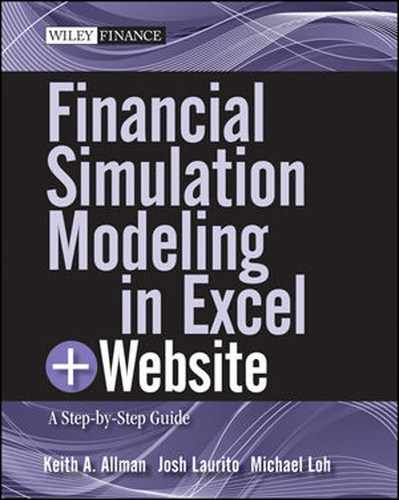EFFICIENT MARKET HYPOTHESIS AND ITS WEAKNESSES
More important than the programming language chosen to implement the model, however, is the reasoning behind the model itself. Many simulation models, particularly those which gather probabilities of future price movements from the markets, are based to some level on the efficient market hypothesis (EMH). EMH, which exists in several forms, states that market prices reflect all available information. This means that while market prices are not static and solely driven by new releases of information, it is very difficult to “beat the market” since any information that may lead one to buy or sell a security has already had an impact on that security, so investors will not be able to consistently outperform.
This concept and initial popularization of EMH are often ascribed to Eugene Fama, a professor at the University of Chicago. EMH has been heavily dissected since it gained popularity in the 1960s, and any number of criticisms point to anomalies in performance that contradict some of the premises of the hypothesis. Value investors typically point to data indicating that stocks with a lower price-to-earnings, or P/E, ratio outperform other stocks (Dreman & Berry 1992). Behavioral economists point to predictable irrationalities and errors in human reasoning that indicate investors are unlikely to act in accordance with EMH (Kehneman & Tversky 1979). And the entire field of technical trading effectively exists in defiance of EMH, claiming to be able to predict price movements based on sentiment indicators or previous movements of certain stocks.
Certain models presented in this text, such as the reduced-form model for debt defaults, draw heavily on EMH rationale in their derivation. When the market fails to accurately capture all of the information that may impact the pricing of a security, that will cause the results of the model to be skewed. For example, if a bankrupt entity holds a large position of company ABC's loans and is forced to sell that position quickly, in a thin market it may push down the price of ABC's loans substantially by flooding the market. Our models will show a substantial increase in the likelihood that ABC will default. However, nothing has fundamentally changed about ABC (other than it will need to find different buyers for its loans in the future).
Other market actions that can cause substantial impact to EMH-based models include short squeezes, rating changes that force the selling of an issuer's debt, and changes in tax law or other regulations which may drive trading. All of these are “technicals”: drivers of pricing that are not related to the fundamental value of the security or underlying business. Modelers are wise to stay abreast of such major technical issues, which may influence the pricing of securities over a short period.
